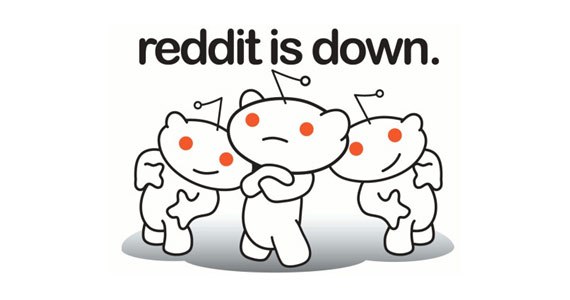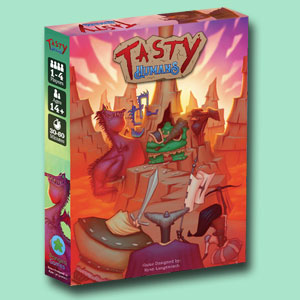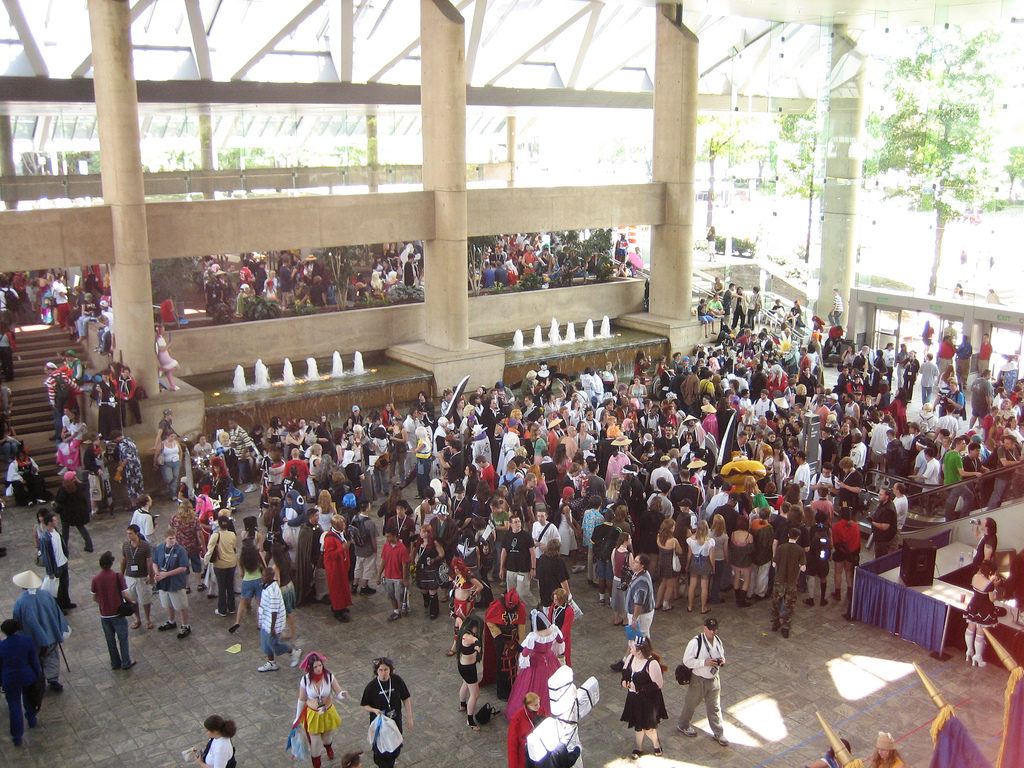How to Use Reddit as a Board Game Dev
Reddit: the word that strikes fear into internet marketers everywhere. It’s an extremely lively website that hosts innumerable diverse communities and has a unique culture that makes it seem impenetrable to the self-promoter. That’s part of the magic of Reddit, though – it’s not to be bought and sold. It’s a place for discussion.
Looking for more resources to help you on your board game design journey?
Here you go: no email required!
Like this writing style?
Check out my latest blog on marketing here.
To help us understand the nuances of Reddit, particularly board game Reddit, I’ve brought in Raf Cordero. He’s the cohost of Ding & Dent, a board game reviewer for a lot of different outlets, and – for an impressive stint of time – a moderator of /r/boardgames.

I sent Raf a list of questions by email. His responses to my questions are below. For clarity and flow, I lightly edited the transcript.
Who is Raf?
Brandon: Thank you so much for agreeing to this interview! To get us started, tell me a little about yourself and your projects.
Raf: I’ve been professionally involved in the industry for a while now, though I’ve been involved in gaming much longer. In 2015, I founded the Ding & Dent podcast with Charlie Theel. We quickly started doing written reviews as well and since then I’ve had a number of great opportunities. I wrote for Miniature Market’s Review Corner for a while. I currently write for Geek & Sundry, PC Gamer, and ThereWillBe.Games. Reddit was one of the first gaming communities I discovered while getting into the hobby. It was much smaller then than it is now! For the longest time, /r/boardgames was my only destination on the platform. That’s still mostly true.
What is Reddit?
Brandon: Assume you’re talking to a game developer who’s never used Reddit before. Where should they start and what should they do?
Raf: The best place to start with Reddit is the FAQ. Reddit is an interesting place and if you’re unfamiliar with the platform, it can be tough to jump into a community. Reddit is not a social media website. Each subreddit (like a small community) is more like a clubhouse. I’d recommend you find the community you’re interested in – /r/boardgames, /r/tabletopgamedesign, /r/boardgameindustry – and just hang out for a bit commenting on other people’s posts. Think of it as a way to get to know this new community.
Why use Reddit?
Brandon: What is Reddit good for?
Raf: It’s hard to say what “Reddit” is good for, as it’s really about each community. /r/tabletopgamedesign and /r/boardgameindustry are good for connecting with other designers and developers, getting feedback on a design, or even organizing playtests. Many developers choose to create their own subreddits for playtesting. I’ve been involved in a few playtests with Jon Gilmour where the official forum was actually a private subreddit. It worked great. /r/boardgames is great for the community. Everyone there is passionate about gaming and you can really get a feel for what the community is excited about, and also make a lot of good friends.
Why avoid Reddit?
Brandon: What is Reddit bad for?
Raf: Reddit is bad for self-promotion. That is the number one issue that industry folks unfamiliar with the platform run into. Even if the platform and individual communities didn’t have rules about this (and they do!) the community in general absolutely rejects blatant self-promotion, or people who just show up to share their own projects without participating. Once you’re a community member you’ll find the community to be extremely supportive, but you’ve got to put some time in first. Again, it’s a clubhouse. If you joined a club and started pushing products on your first day in you’d probably be shown the door.
How do you behave on Reddit?
Brandon: What kind of behaviors are encouraged on Reddit?
Raf: Reddit encourages participation. Get in and talk to people, find new communities, and share games/videos/articles you find interesting! The whole point of Reddit is to bring things you think are cool to a bunch of people who will probably think it’s cool as well. A lot of the friends I’ve made in board gaming have come from /r/boardgames.
Brandon: What kind of behaviors are discouraged on Reddit?
Raf: Being a jerk, and (again) self-promotion.
Final Thoughts
Brandon: If there were one critical piece of advice which you could give to game developers who have never used Reddit before, what would it be?
Raf: Come as a person, not as a brand. Be yourself. Presumably, you play more games than just your own, and think about more games than just your design. Bring those insights to the community!
Reddit is a complex website that’s home to a massive variety of different communities. Each community, each subreddit, is like a clubhouse. Unlike Twitter or Facebook, these are not places where you can blatantly market your games. Get involved, get to know people in the community, and you may well find yourself with new friends and helpful insight 🙂







